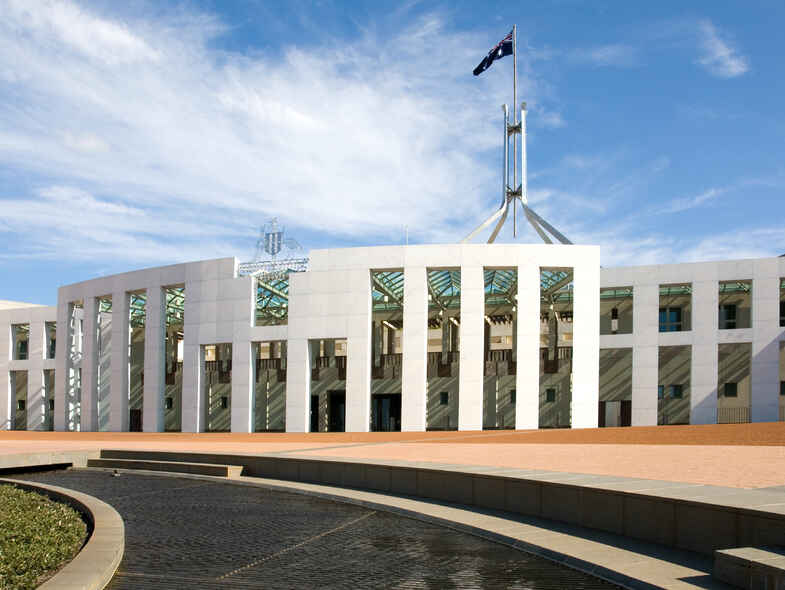On 21 April 2020, the ACT’s Attorney General and Minister for the Arts, Creative Industries and Cultural Events, Building Quality Improvement, Business and Regulatory Services, and Seniors and Veterans, Gordon Ramsay MLA, handed down a Ministerial Direction giving effect to the Federal Government’s mandate to the States and Territories to give a ‘moratorium on evictions’ to residential tenants who have been impacted by COVID-19.
The Ministerial Direction came into effect on 22 April 2020, and establishes a framework in the ACT to protect residential tenants from being evicted or ‘blacklisted’ as future tenants if they have lost their job or substantial income due to the COVID-19 (or Government restrictions that have been implemented in response to the pandemic).
The Blackshaw Corporate team have circulated information to Franchise Offices across the Territory to ensure they are up to date with the most recent information available, and to ensure they understand landlords and tenants’ rights and obligations through these unprecedented times.
The key points from the Declaration have been summarised below, for anyone in the ACT looking for guidance on what the declaration means for them.
Summary of the Declaration:
1. Temporary Moratorium on Evictions:
To implement the Federal Government’s commitment a moratorium on evictions, the Declaration implements a 3-month moratorium on evictions, with the power to extend that period by up to a further 3 months. The moratorium applies only to those households that have been affected by COVID-19.
Landlords of COVID-19 impacted households are prevented from issuing their tenants with a notice to vacate for rental arrears (or for applying for orders from the ACAT due to unpaid rent) during the moratorium period. The Declaration also applies to tenants who have been issued with a notice to vacate or failed to pay rent prior to commencement.
2. Temporary Reduction in rent or occupancy fees:
In line with the National Cabinet decision, the ACT Government agree to the principle that tenants and landlords should be encouraged and incentivised to agree to rent relief (or other relief arrangements), the Declaration provides that lessors and tenants, and grantors and occupants, are able to vary existing agreements to allow for temporary rent and occupancy fee reductions – effective immediately.
There is no restriction on allowing rents to revert to pre-COVID-19 rates after expiry of the Declaration.
3. Restrictions on listings in residential tenancy database:
The Declaration establishes a restriction on a lessor, or their agent, ‘listing personal information about a person in a residential tenancy database in relation to a breach of a residential tenancy agreement during the moratorium period’, if:
-
The breach was for a failure to pay rent; and
-
The person was a COVID-19 impacted tenant.
This applies even after expiry of the Declaration, and/or termination of the tenancy agreement.
4. Restriction on rental increases:
If a tenant is impacted by COVID-19, rent cannot be increased for the period of the Declaration.
5. Tenancy inspections during the Declaration period:
A lessor may only physically access a premise during the Declaration period:
-
With the tenant’s consent
-
To do urgent repairs, or
-
If the lessor applies to the ACAT and seeks an order.
Unless agreement can be reached otherwise, a lessor can inspect a tenancy using ‘audio-visual or other electronic means without the lessor physically accessing the premises’.
6. Definition of a ‘COVID-19 Impacted Household’:
The Declaration clearly identifies when a household should be considered ‘impacted by COVID-19’.
It prescribes that, to be eligible for the abovementioned relief, a household must:
-
Have one or more rent-paying household member who has stopped earning income, or had a reduction in income, because:
-
The member, or another member, is ill with COVID-19; or
-
The member has carer responsibilities for a family member who is ill with COVID-19; or
-
Of a law or other measure taken by the Territory, a State or Commonwealth in response to the pandemic; and
-
-
The household’s weekly gross income is at least 25% less that the household’s weekly gross income before the income of the effected household member was reduced.
If you are a landlord in our local Canberra and surrounding region, no matter your relationship with Blackshaw Real Estate, we’re here to help. If you are unclear about what these updates mean for you and would to discuss them, please contact your local Blackshaw office for an obligation-free chat with a member of our property management team.
Information provided for the general interest of clients and customers. Affected parties should seek appropriately licenced advice and rely solely on their own enquiries.





